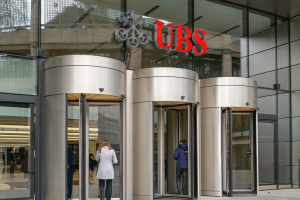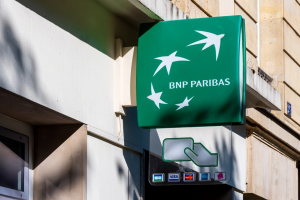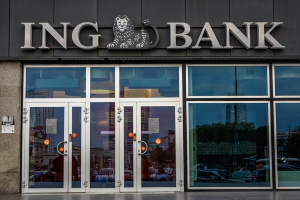
Payoff, founded in the United States, built its reputation as a platform offering personal loans designed to help borrowers consolidate credit card debt at lower interest rates. The company became known for using behavioral data to assess creditworthiness, positioning itself between traditional banks and fintech lenders.
Its acquisition by the Frankfurt group—led by a consortium of mid-sized German banks and private investors—marks a notable crossover between European banking capital and American fintech infrastructure. The deal reflects a strategic shift: rather than competing with agile digital players, established institutions are increasingly buying them to access new customers and technologies.
European banks have long faced pressure from low interest rates and limited domestic lending growth. By acquiring Payoff, the Frankfurt consortium gains access to the deep and dynamic U.S. credit market, where consumer loans, mortgages, and deposits offer higher yields.
The deal also serves a technological purpose. Payoff’s platform uses automated credit scoring and digital loan origination tools that streamline application and approval processes—technologies that could later be adapted for European customers. In an era where digital banking defines competitiveness, such capabilities give traditional institutions an edge in improving customer experience and operational efficiency.
However, the acquisition comes at a time when global credit conditions are tightening. Rising interest rates have increased the cost of borrowing, forcing lenders to balance growth ambitions with prudent credit risk management. For Payoff’s new owners, maintaining high-quality loan portfolios while integrating operations across two continents will be a critical challenge.
For customers, the acquisition may bring greater stability and more diversified loan products. With backing from established banks, Payoff can expand its deposit base, lower funding costs, and potentially offer more competitive interest rates on personal loans and checking accounts.
At the same time, the deal highlights how banking is becoming increasingly borderless. Digital platforms are making it easier for institutions to extend credit and collect deposits globally, creating new regulatory challenges. Both U.S. and European authorities will likely monitor such cross-border transactions closely to ensure compliance with data protection, lending, and anti-money-laundering standards.
Payoff’s sale to a Frankfurt consortium is more than a corporate acquisition—it’s a sign of convergence between European banking stability and U.S. fintech dynamism. As digital banking reshapes how credit is delivered, banks that successfully merge technological agility with prudent supervision are poised to lead the next phase of global finance.
In the coming years, cross-border acquisitions like this may become the norm, as financial institutions seek to diversify funding sources, strengthen their digital ecosystems, and redefine what “local banking” means in an interconnected world.
 Previous Post
Previous Post
SKN-Fed’s Bowman to cut supervision division by 30%; Spain to cede bank merger oversight to ECB after EU criticism
 Next Post
Next Post
SKN-Gold Holdings Ensure SNB Profit in the First Nine Months

February 24, 2026

February 24, 2026

February 24, 2026

February 24, 2026

SKN | BNP Paribas and the Momentum Narrative: What Price Strength Really Signals for European Banking Exposure

SKN | ING’s Buybacks and Debt Redemptions: Why Capital Structure Discipline Is Becoming the Real Investment Signal

SKN | UBS Assesses U.S. Supreme Court Tariff Ruling: Why Canada’s Immediate Exposure Appears Limited